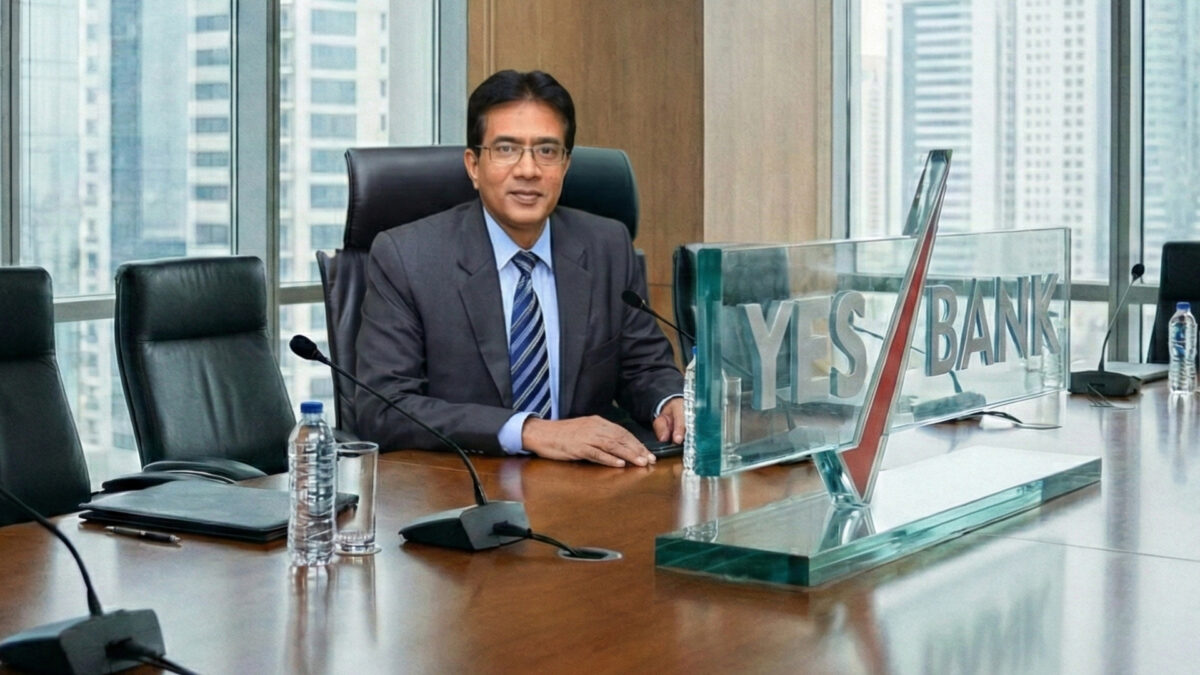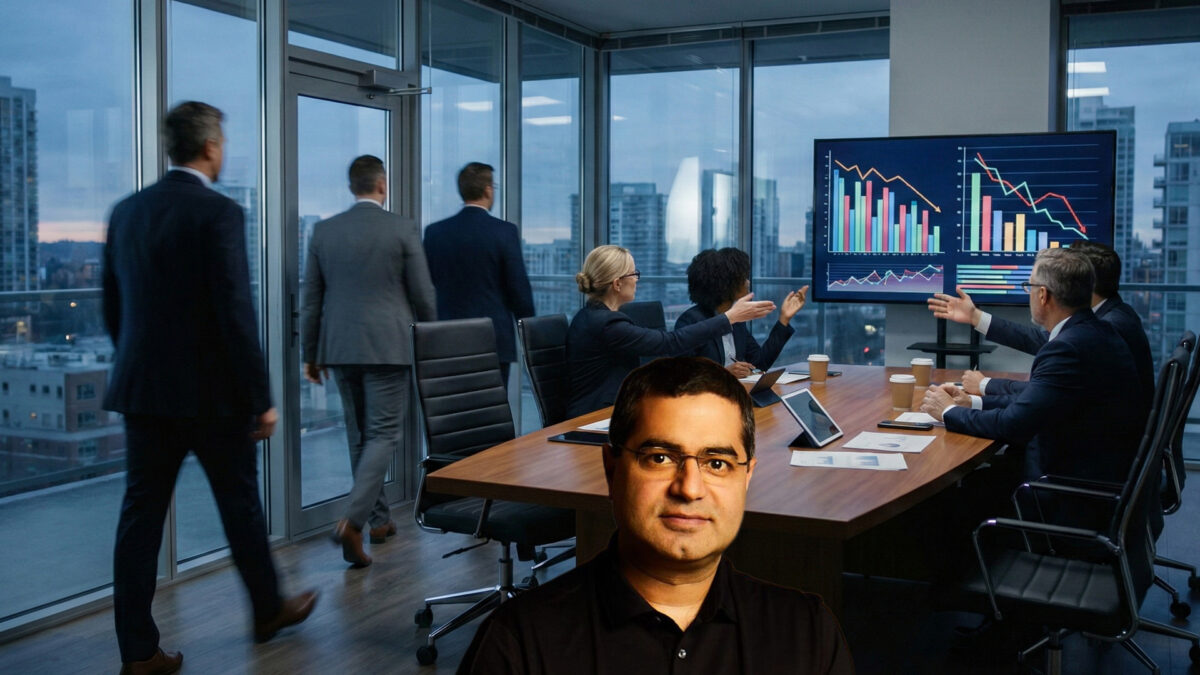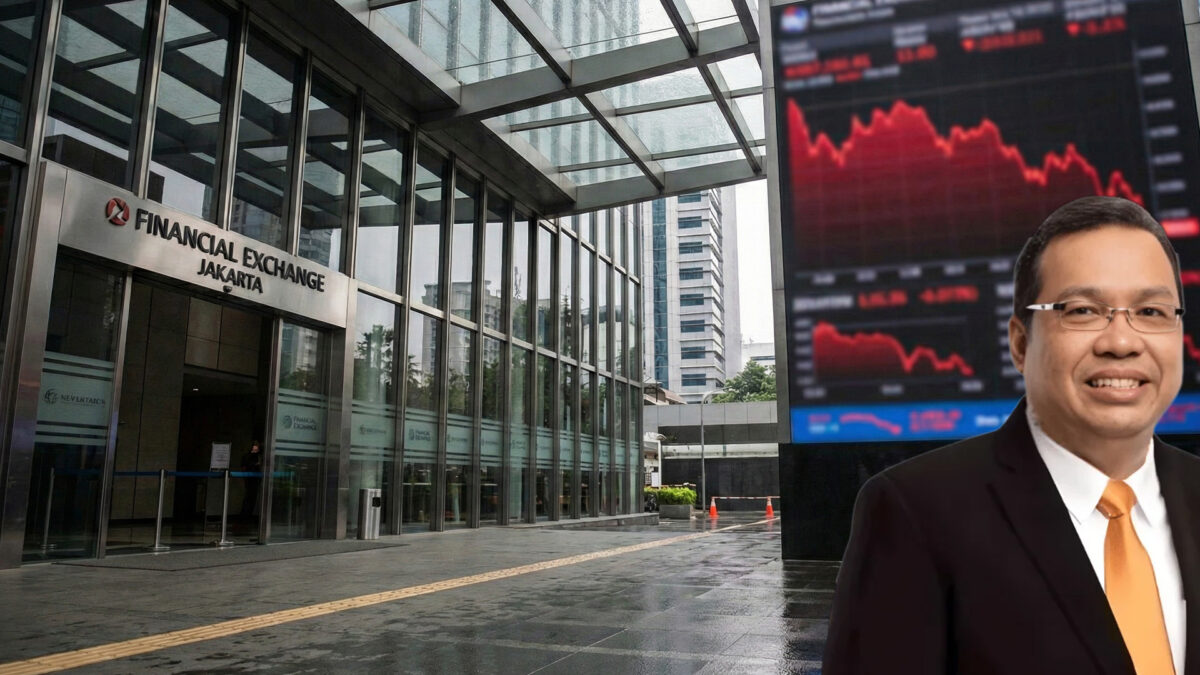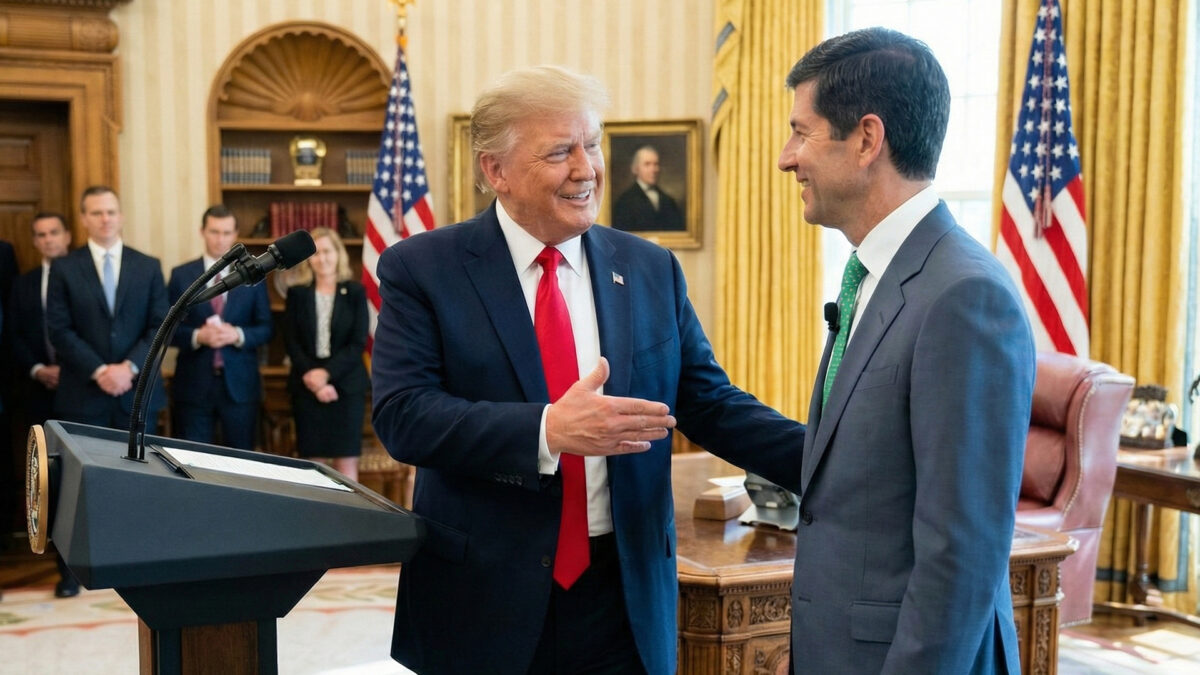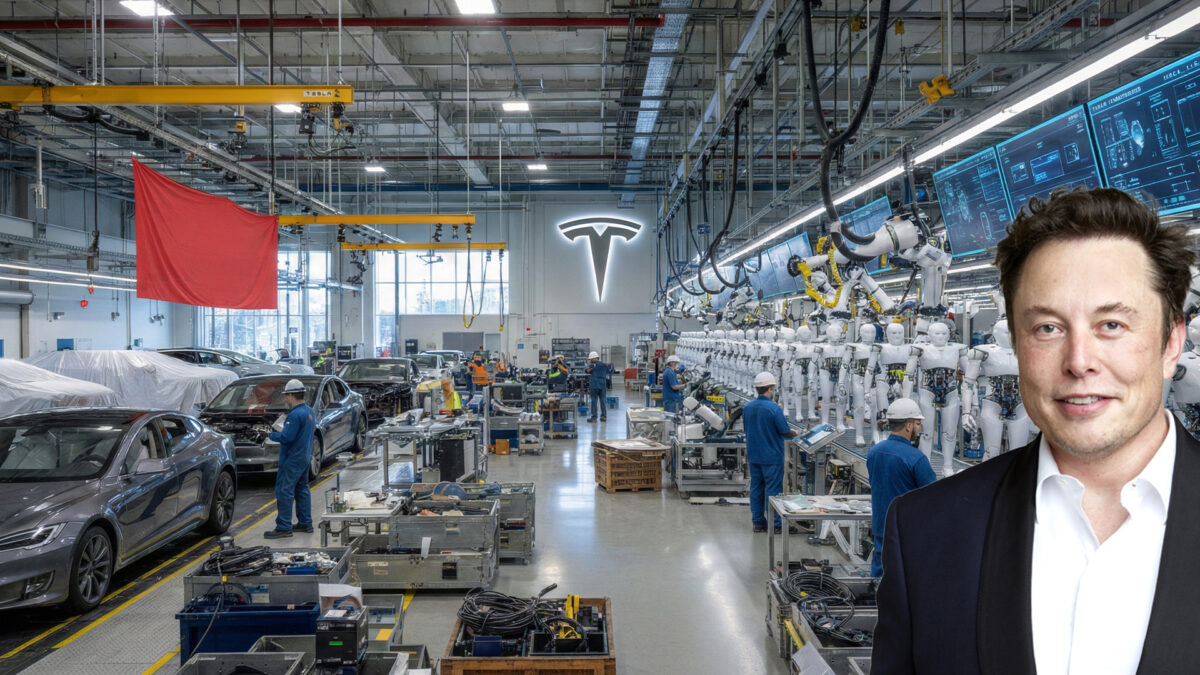A Bengaluru-based startup founder has raised concerns about the US visa process after his application was unexpectedly rejected in Delhi, despite a clear business purpose and strong international ties.
Dhananjay Yadav, co-founder of NeoSapien, appeared for his visa interview at the US Embassy in Delhi on February 3, 2026. He planned to travel to the United States to meet investors and explore business partnerships, as part of his startup’s expansion strategy. Yadav had been invited by Hari Valiyath, a friend and investor, who co-founded the US-based company Pyxis, which has raised over $200 million in funding. The entire trip was to be funded by the company.
Yadav emphasized that he has previously studied in the United States and worked in Berlin, showing that he has strong international experience and a history of returning after foreign travel. However, during the visa interview, the consular officer focused on his personal salary rather than the purpose of the trip or his company’s financial backing. As is common for startup founders, Yadav draws only a minimal salary, since earnings are reinvested into the business. Shortly after, his visa was denied.
The incident has sparked discussions on social media, where many startup founders shared similar frustrations. Users pointed out that visa interviews can be unpredictable and subjective, with decisions sometimes depending more on the officer’s judgment than on documentation or travel purpose. Some noted that low personal income among early-stage startup founders can be misinterpreted as a risk, even when the trip is fully funded by the company and tied to strategic business goals.
Experts and social media users suggested that applicants in similar situations could strengthen their case by providing additional proof of financial stability, highlighting company backing, or considering other consulates. The incident has also led to broader debates about how US visa protocols assess business travelers, particularly founders whose personal earnings may not reflect their startup’s potential or value.

